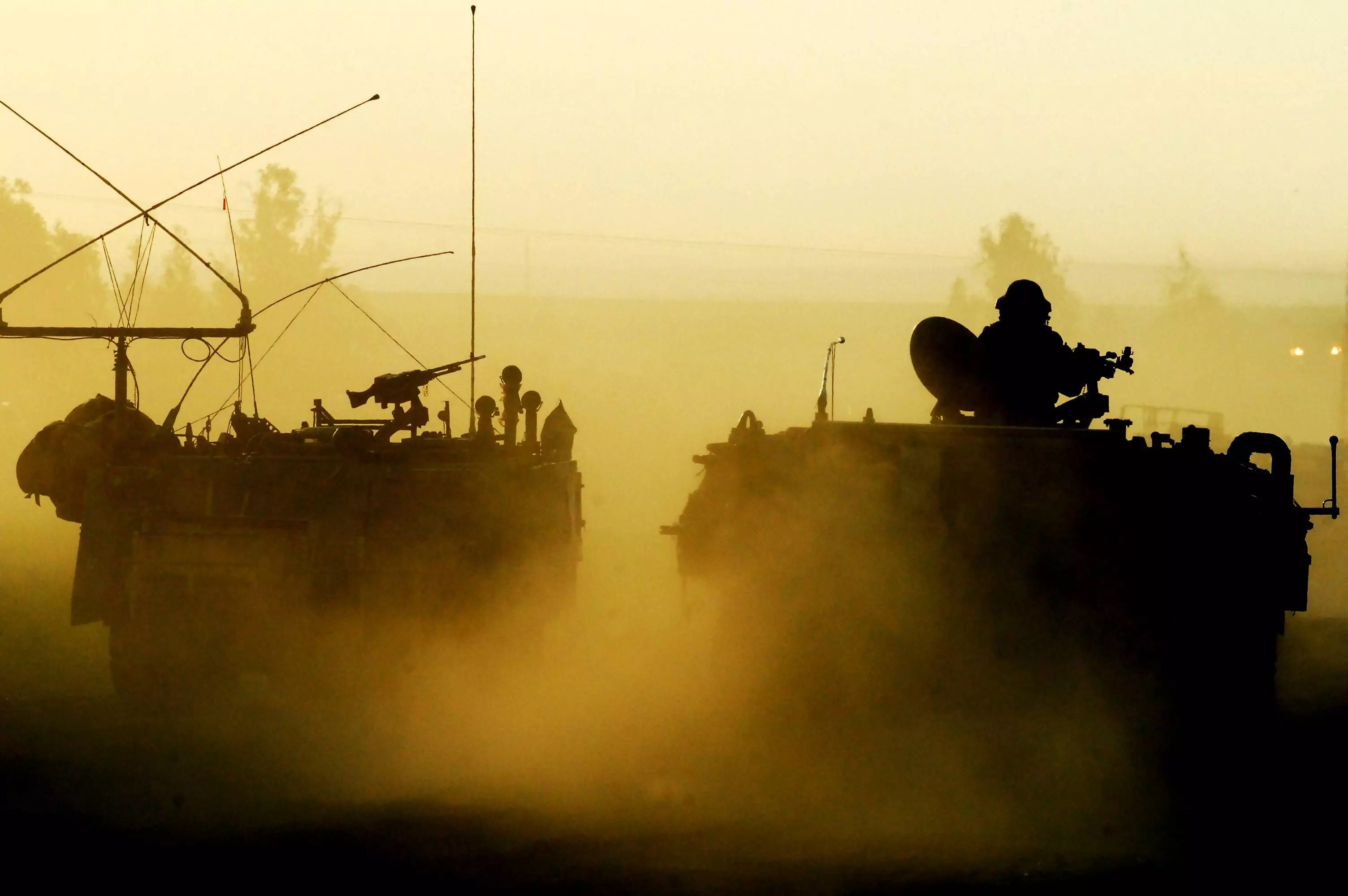
Thailand-Cambodia War: Why tensions escalated
A military confrontation between Thailand and Cambodia on Thursday resulted in 12 deaths, including one soldier, with both sides providing conflicting accounts

At least 12 persons, including one soldier, were killed in a military confrontation between Thailand and Cambodia on Thursday (July 24). Both sides are providing conflicting versions of the incident and accusing each other of deploying drones near their borders for surveillance.
Reasons behind escalation
Several issues and incidents have led to the sudden increase in tension between the two neighbours. The relationship between the two countries with a long-standing history of border disputes that often led to military conflict nosedived on Wednesday when five Thai soldiers were wounded in a landmine blast, with one losing a leg, near the border.
Also Read: What happened to Palestine’s once-vibrant nonviolent resistance?
Landmine blast
A week earlier, a land mine in a different contested area exploded and wounded three Thai soldiers when one of them stepped on it and lost a foot.
Thai authorities have alleged the mines were newly laid along paths that by mutual agreement were supposed to be safe. They said the mines were Russian-made and not of a type employed by Thailand’s military.
Cambodia rejected Thailand’s account as “baseless accusations,” pointing out that many unexploded mines and other ordnance are a legacy of 20th-century wars and unrest. The border dispute has also caused political fallout in Thailand, whose prime minister was suspended from office to be investigated for possible ethics violations over the matter, reported AP.
Also Read: Malnutrition in Gaza doubles as toll from Israeli strikes rises to 58,400
The temple issue
Thailand and Cambodia have a long-standing history of border disputes and military conflicts, especially over the 1,000-year-old Preah Vihear temple. The relationship between the two sides soured further when in 1962, the International Court of Justice recognised Cambodian sovereignty over the temple area in a ruling that became a major irritant in the relations of both countries.
Cambodia went back to the court in 2011, following several military clashes that killed about 20 people. The court reaffirmed the ruling in 2013, a decision that left Thailand sulking.
Also Read: As Gaza atrocities escalate, 2 starkly contrasting developments emerge
Thailand blames Cambodia for tension
Earlier in the day, a spokesman of the National Security Council (NSC) of Thailand said that at around 7.30 local time on Thursday, the Cambodian military deployed drones to conduct surveillance of Thai troops near the border.
The Thai authorities further alleged that within a few minutes, Cambodian troops carrying RPGs gathered near the border, adding that although the Thai soldiers tried to deescalate the situation by shouting, the Cambodian soldiers opened fire on them, forcing the Thai soldiers to return fire.
Thai authorities further alleged that the Cambodian military deployed heavy weapons, including BM-21 rocket launchers and artillery and inflicted damage to civilian homes and infrastructure in Thailand along the border.
Also Read: Israeli strike kills 15 in Central Gaza, including 8 children
‘Thailand violated agreement’
Refuting Thailand’s charges, the Cambodian authorities claimed that the conflict was started by the Thai military when, in violation of a prior agreement, Thai troops started advancing on a Khmer-Hindu temple near the border and placed barbed wire around its base.
They further alleged that the Thai soldiers deployed a drone just after 07:00, and fired shots “into the air” at around 08:30. According to a report in the Phnom Penh Post newspaper, at around 8,46, Thai soldiers “pre-emptively” opened fire on the Cambodian Army personnel. This forced the Cambodian troops to retaliate in self-defence, said Ministry spokesperson Maly Socheata.
He further alleged that Thailand deployed excessive troops, used heavy weapons and carried out air strikes on Cambodian territory.
As clashes intensified, both countries have expelled each other’s ambassadors and downgraded diplomatic ties with each other.
Also Read: Netanyahu nominates Trump for Nobel Peace Prize
Thailand’s warning
Thai Defence Ministry spokesperson Nikorndej Balankura urged Cambodia to take responsibility for its attacks on both military and civilian targets, including a Hospital in Thailand. He also warned that Thailand would have no choice but to intensify its “self-defence measures” if Cambodia continued with its military aggression.
“The Royal Thai Government calls upon Cambodia to take responsibility for the incidents that have occurred, cease attacks against civilian and military targets, and stop all actions that violate Thailand’s sovereignty,” said Balankura as quoted by AP.
“The Royal Thai Government is prepared to intensify our self-defence measures if Cambodia persists in its armed attack and violations upon Thailand’s sovereignty in accordance with international law and principles,” added the spokesperson.
Cambodia’s Prime Minister Hun Manet said his country has always maintained a position of peaceful resolution of problems, but “we have no choice but to respond with armed force against armed aggression.”

